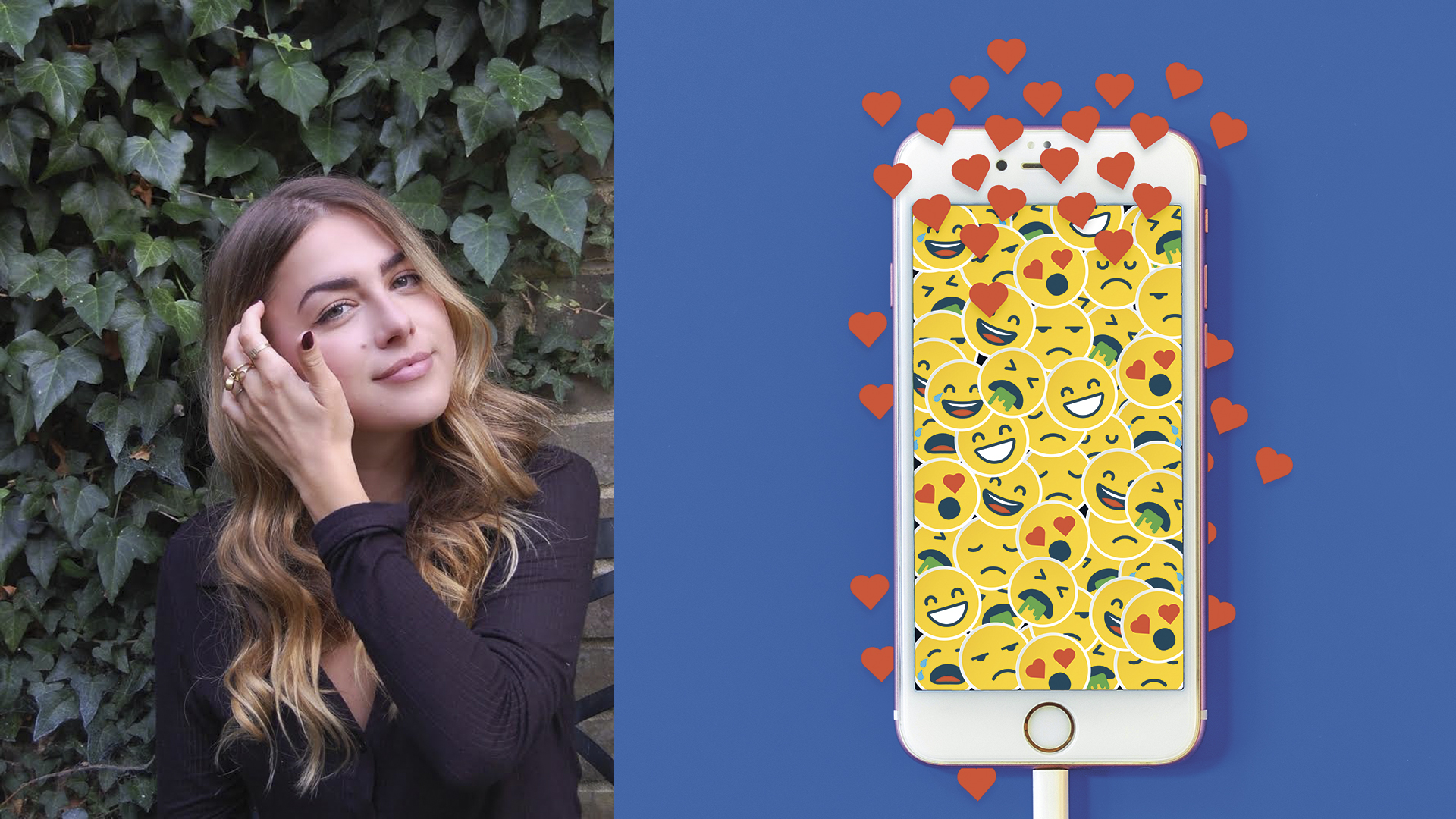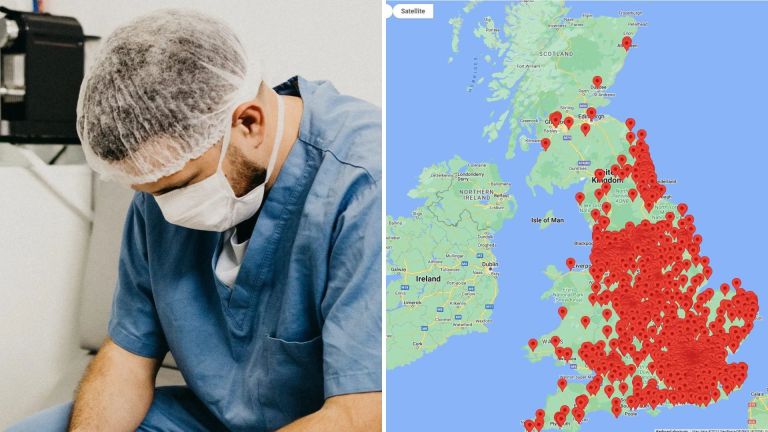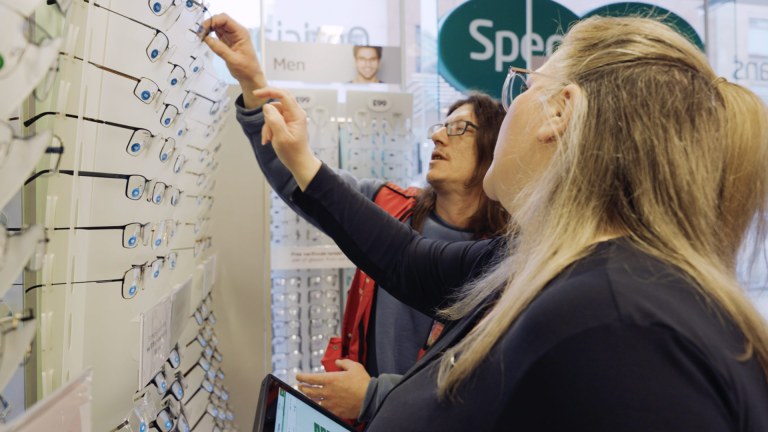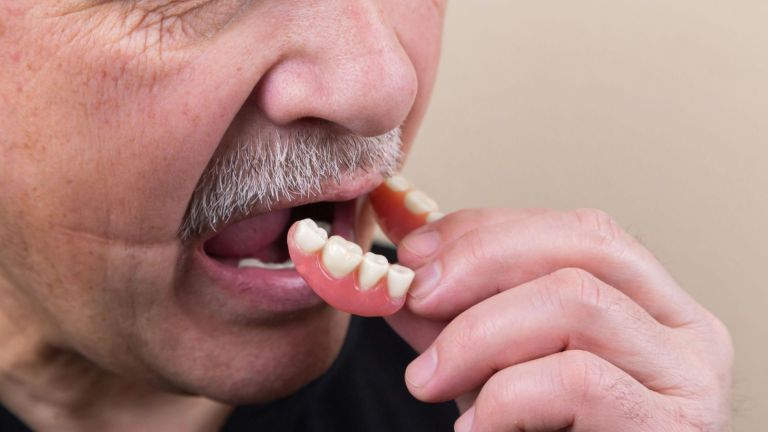Don’t believe everything you see
It’s important to remember that sites like Instagram are highlight reels, and that much of what young people see is heavily staged. Followers aren’t seeing the struggles, the pre-edited picture, the multiple attempts to get the perfect carefree shot. Unfollowing people who edit themselves into pore-less, flawless fictions can help us to maintain a realistic view of ourselves, and keep us from spending money on products that exploit insecurities.
It’s not quantity that’s bad – it’s content
Our relationships to social media are personal and complex,
Reports released earlier this month suggest that the amount of time spent on social media is not what’s doing significant damage to young people’s wellbeing. It’s the content being consumed that matters, as well as the context of each user’s existing mental state. For some, viewing images of heavily edited models may be a harmless pastime. For others it may trigger thoughts of self-hate and even eating disorder relapses. Our relationships to social media are personal and complex, and what feels empowering to one person may represent oversharing and harmful validation-seeking to another.
REPLY TWEET: drop your honest thoughts about social media & mental health below. what’s been your experience? has social media been a help and/or a hindrance in your pursuit of MH recovery/stability? https://t.co/s4NZHHSPkm
— Beth McColl (@imbethmccoll) May 9, 2019
Make your social media feed a safe and non-toxic place
As a writer whose career began online and who uses social media to find work, I understand that it can function as a wonderful tool of connection while also being divisive and awful. For those struggling with mental illness the internet can be a gateway to community. Twitter user James calls it “an invaluable support network”, but also recognises that spending too much time online can be a sign of avoidance; “constant scrolling has become a crutch”.
It can also be plain toxic. Pro-disorder accounts exist across the web, and many people seek out vulnerable people as targets of ridicule and abuse. It therefore often rests on each individual to be vigilant and to curate their social feeds to be safe and encouraging places – a difficult task for long-term users and young people alike.
Keep it real – be present in your life
Being connected around the clock can seem necessary, but a stream of bad news can make us feel helpless.
It can also help to monitor your mood as you scroll. If you’re closing your Instagram app and finding yourself feeling badly about your appearance or achievements, that’s a problem. As is finding that your Twitter feed amplifies feelings of anxiety. Being connected around the clock can seem necessary, but a stream of bad news can make us feel helpless. Reader Ros told me, “the rolling news aspects [of social media] have made me panicky and depressed many times”. Never in human history have we had so much access to so much content, and feeling overwhelmed by it is totally normal. Putting a daily time limit on apps and remembering to be present in our ‘real’ lives can be vital to feeling stable and happy.










